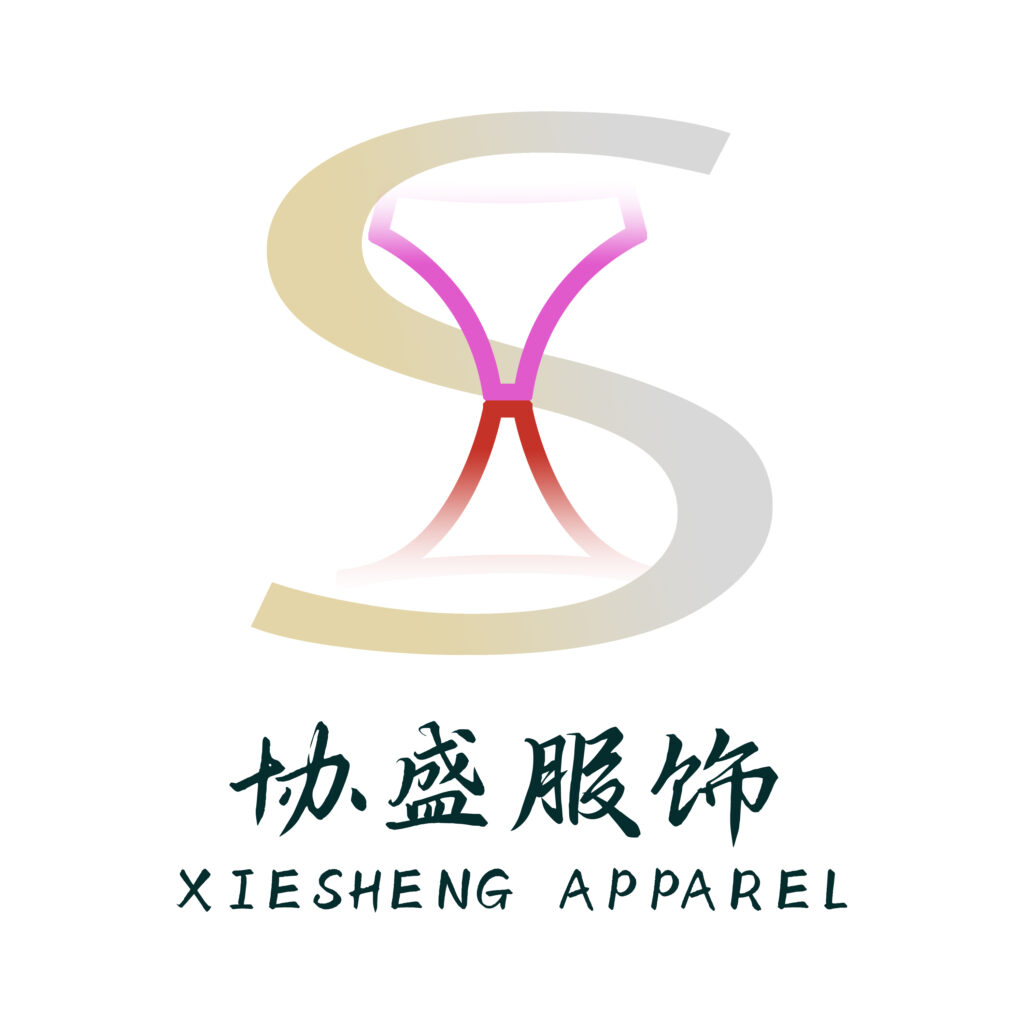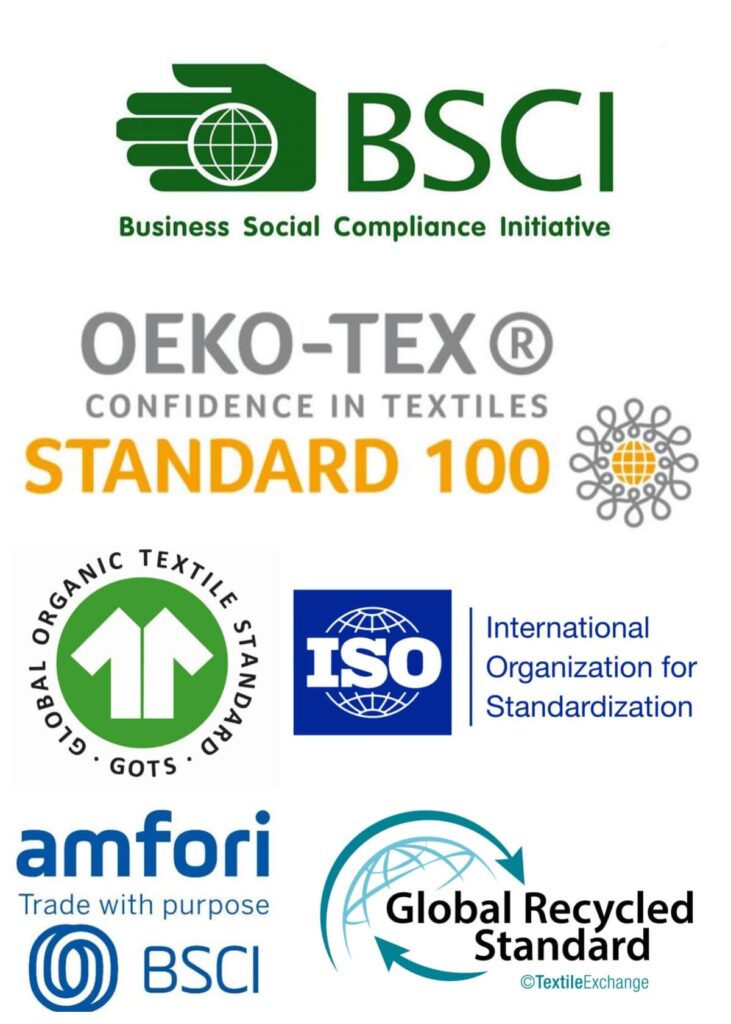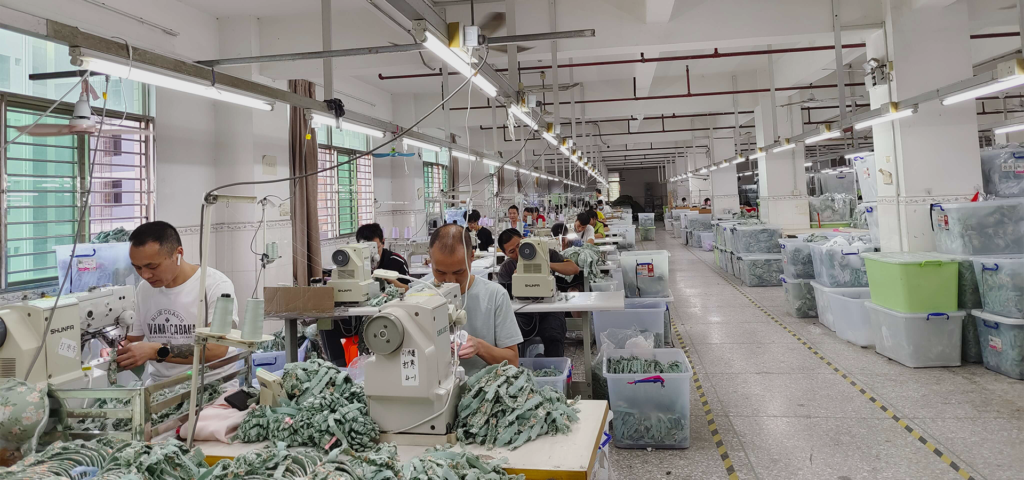In the intricate world of undergarment manufacturing, possessing a nuanced understanding of how to source high-caliber lingerie, bras, and intimate apparel is paramount. This guide, crafted from the seasoned insights of Joe, the CEO of Xieshen Bra, aims to empower retail buyers, such as those leading the charge at KIK in Germany, to elevate their product lines with unparalleled quality undergarments.

1. Deep Dive into Manufacturer Credentials
Prior to sealing any deals with suppliers, it's crucial to investigate their background and standing in the industry. Seek out manufacturers that boast a solid history and a sterling reputation within the undergarment sector. Certifications like BSCI and OEKO-TEX 100 are hallmarks of ethical and high-quality production standards, underscoring a commitment to excellence.

2. Prioritize Product Excellence
Quality is non-negotiable. Proactively request samples to evaluate the material, craftsmanship, and fit. Only the finest undergarments—those that are durable, comfortable, and impeccably crafted—should make the cut.
3. Certification and Compliance: Non-Optional
A manufacturer's adherence to certifications is a clear indication of their dedication to quality and ethical practices. Ensure your chosen supplier aligns with global benchmarks, including BSCI for social compliance and OEKO-TEX for the absence of harmful substances.
4. Communication: The Cornerstone of Collaboration
The foundation of any fruitful business relationship is effective communication. Verify that your manufacturer is not just responsive but also ensures clarity in all exchanges throughout the production journey.

5. Capability and Adaptability in Production
Your supplier must demonstrate the ability to meet your demands without sacrificing quality. This flexibility is vital for sustaining a reliable supply chain and accommodating varying order volumes.

6. Keeping Pace with Fashion Trends
The realm of undergarment fashion is ever-evolving. Align with manufacturers who are pioneers in design innovation and trend-savviness to ensure your offerings remain at the forefront of the market.
7. Logistical Proficiency: A Key Consideration
Timely delivery is critical. Assess your manufacturer's logistical prowess to guarantee they can fulfill your inventory requirements efficiently.
8. Transparent and Flexible Payment Terms

Secure and flexible payment arrangements are essential for a harmonious partnership. Opt for terms that provide security and flexibility for both parties involved.
9. The Imperative of Quality Control
A reputable manufacturer will have stringent quality control measures in place, ensuring every product adheres to your exacting standards.

10. Cultivating a Lasting Partnership
Building a long-term relationship with your supplier can yield numerous benefits, including competitive pricing, enhanced quality, and preferential service. Invest in a partnership that supports your business's growth trajectory.
Additional Insights for Retail Buyers
- Leverage trade shows and digital platforms to discover new, valuable suppliers.
- Conduct visits to manufacturing sites for an in-depth understanding of operational processes.
- Stay informed about industry trends to keep your product range fresh and appealing.
Conclusion: The Art of Choosing the Right Supplier
For retailers, selecting the appropriate undergarment supplier is a critical decision that can significantly influence your success. By adhering to these ten comprehensive tips, you can secure a consistent supply of high-quality, trendy undergarments for your clientele. In the competitive retail landscape, the caliber of your sourcing decisions can profoundly affect your brand's reputation and bottom line.


